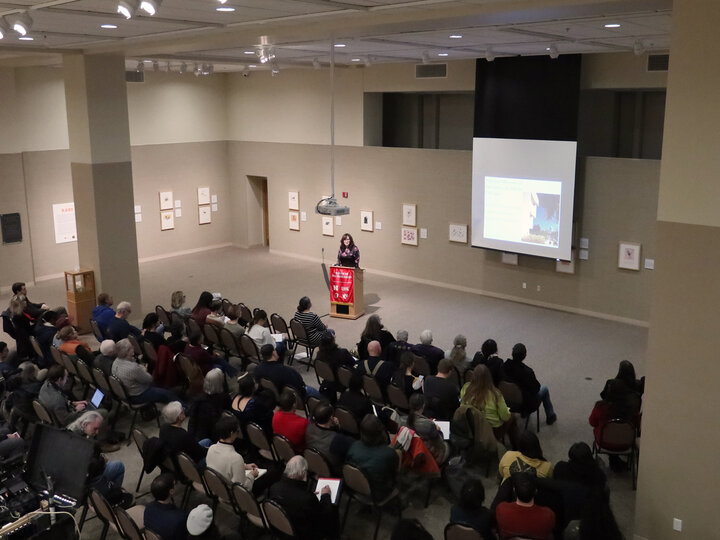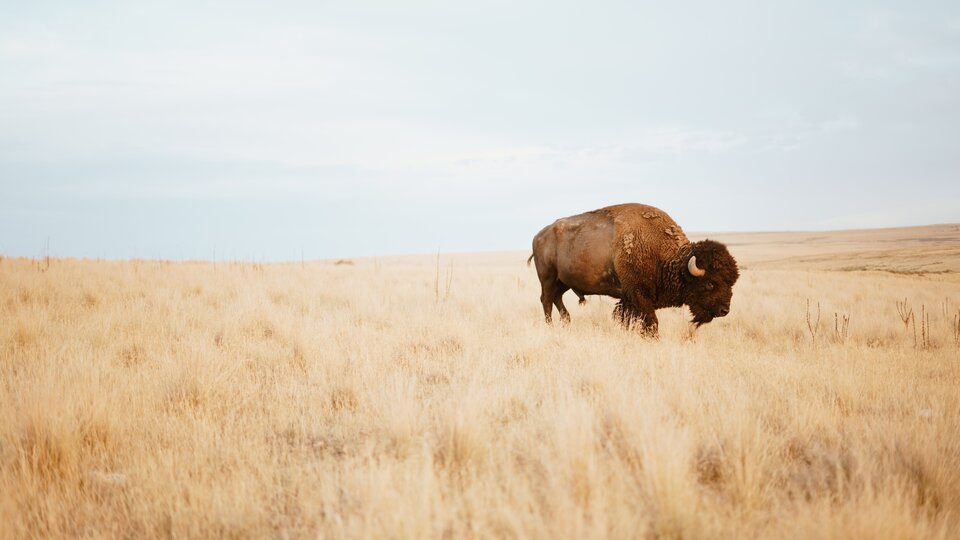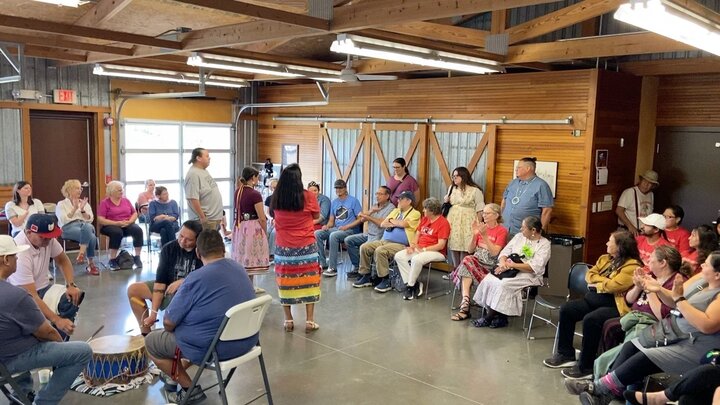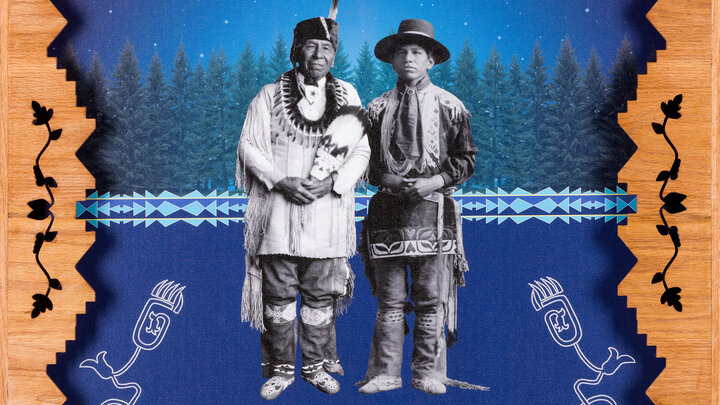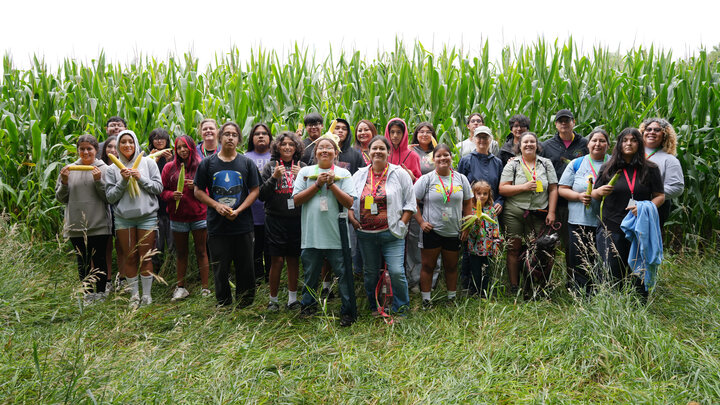The Center is known for scholarly accomplishments, striking art exhibitions, and informative talks. But more than that, it is a place to learn from the past, confront issues shaping our region today, and look to what the future holds for the Great Plains. Our programs contribute to preserving and enriching life in the Great Plains.
VISIT
Great Plains Art Museum
1155 Q ST., LINCOLN, NE
As an extension of the Center for Great Plains Studies, the Great Plains Art Museum collects, preserves, exhibits, and interprets art and literature that cultivate awareness of and engagement with the diverse people, cultures, and natural environments of the Great Plains.
Open Tuesday–Saturday, 10 a.m.–5p.m. Admission is always free.
More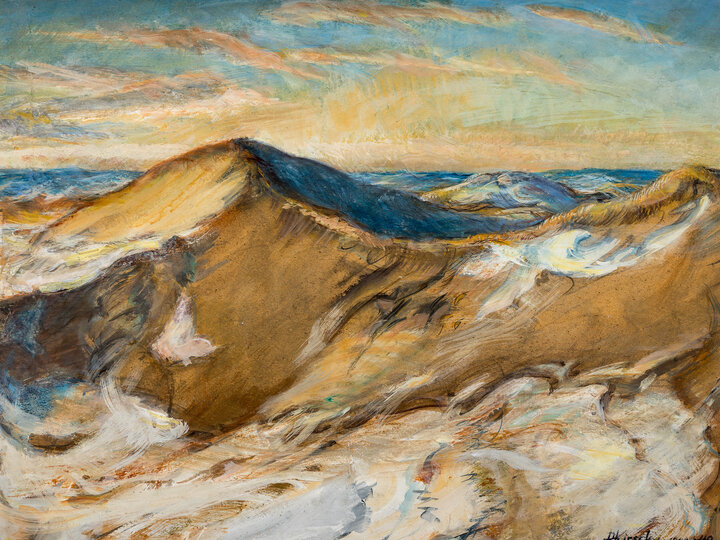
PROJECT
Walking in the Footsteps of our Ancestors
Re-Indigenizing Southeast Nebraska
Walking in the Footsteps of our Ancestors (Ahadada Wathigre Hįnéwi Ke) is a joint project of the Center for Great Plains Studies and the Otoe-Missouria Tribe of Oklahoma that aims to promote healing and reconciliation in southeast Nebraska by reconnecting the Otoe-Missouria to their homelands and educating non-Native people about the history and ongoing presence of the Tribe and other Indigenous peoples in our region. Sign up for the project newsletter.
More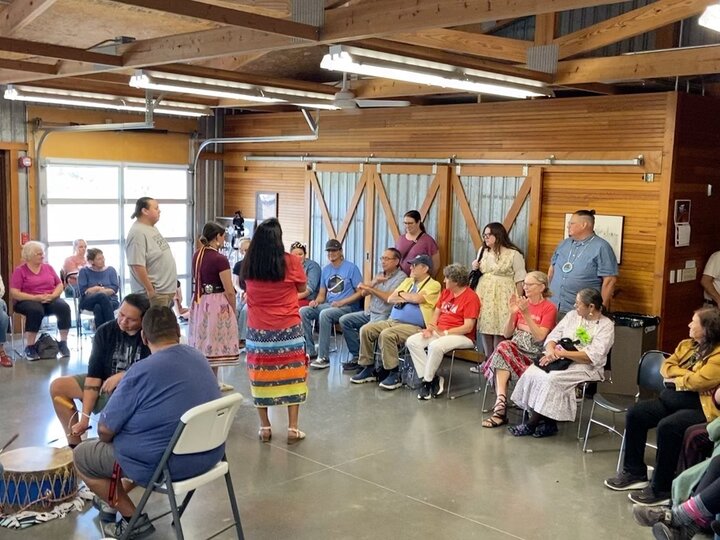
EVENT
Feb. 11: Larkin Powell
PAUL A. OLSON LECTURE
Larkin Powell, Director of the School of Natural Resources at UNL will speak about his new book, “The Best of Intentions: A Story of Landscape Change in the Heart of the Great Plains,” at the Center for Great Plains Studies on Feb. 11 at 5:30 p.m. Taking themes from the book, Powell explores the forces that have reshaped the Plains: our ethics that impact our decisions, the “conductors” that cause landscape transformations to occur quickly, and our ability to shape the landscape through environmental design. Powell blends historical photographs, personal narratives, and long-term ecological data to ask how the past might guide us toward a more resilient future.
Details
The University of Nebraska is a land-grant institution with campuses and programs on the past, present, and future homelands of the Pawnee, Ponca, Otoe-Missouria, Omaha, Dakota, Lakota, Kaw, Cheyenne, and Arapaho Peoples, as well as those of the relocated Ho-Chunk, Sac and Fox, and Iowa Peoples.
We are
Interdisciplinary
since 1976
The study of a region requires a multidisciplinary approach to show the connections between our natural environment and the people who call this place home. Our conferences, lectures, and projects have covered a wide range of topics during the last 50 years including: drought, bison, politics, art, food, behavioral health, ecotourism, climate change, mapping, immigration, homesteading, Indigenous issues, health, bison, literature, grasslands, architecture, cultures, waterways, film, ecology, entomology, animals, crises, conflict, and much more.
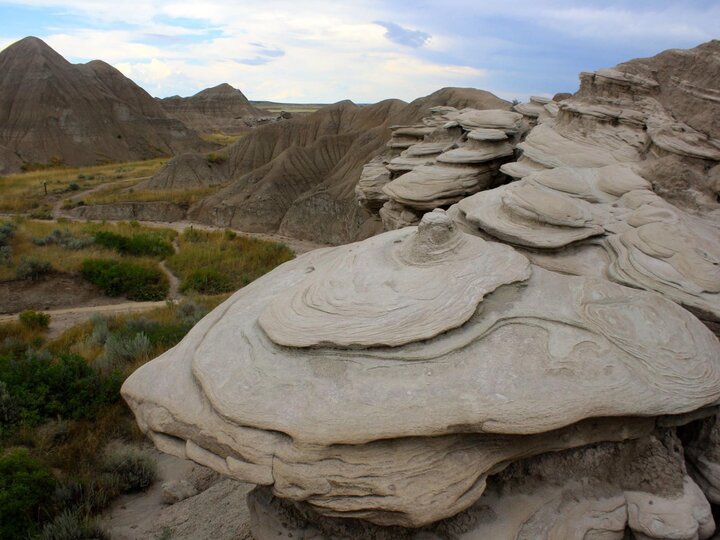
Inclusive
IN OUR VALUES
The Center for Great Plains Studies, with its Great Plains Art Museum, is a welcoming space and dynamic showcase for regional voices, stories, art, and research and we especially want to uplift previously erased or ignored Great Plains voices. We serve as a bridge between scholars and community members engaged with the region’s diverse peoples, cultures, and environments, stressing the significance of its Indigenous peoples. We welcome dialogue and difficult conversations about our region and convey its complexity through diverse voices.
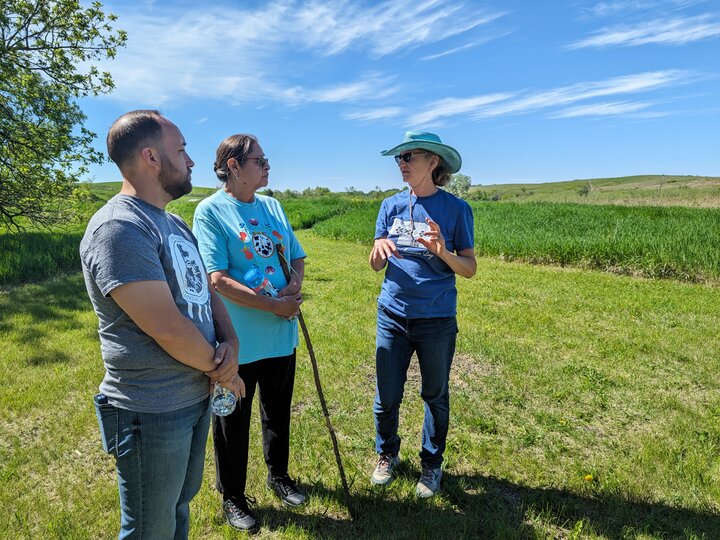
Educational
THROUGH OUTREACH AND RESEARCH
We champion curiosity, ongoing inquiry, and creative expression through connecting the arts, humanities, natural sciences, and social sciences. As a four-campus NU entity, we promote collaborations and connections among the arts and sciences and invite engagement with the public and academic communities near and far. Learning about a region is often the first step in caring about a place, so we promote learning through several channels including informative talks, workshops, exhibitions, conferences, journals, and publications.
